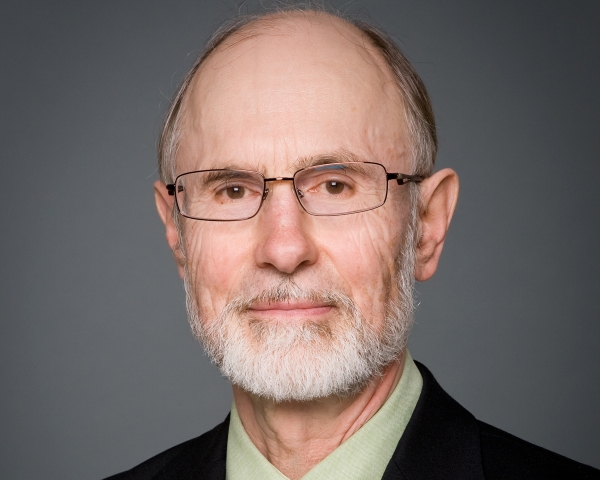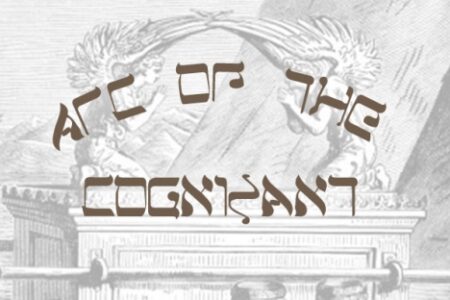COMMENT: Fraudulent “Robocalls” Used Conservative Party Voter Database
Over the past year we have heard a great deal about various voter-suppression phone calls or “robocalls,” as they have become known, that were made during the last federal election.
Six applicants from six federal ridings sought an annulment under the Canada Elections Act of the 2011 election results in those ridings, based on the impact of fraudulent robocalls. The calls were designed to misinform non-Conservative voters that their polling station had changed.
The May 25, 2013, findings by Federal Court Judge Richard Mosley didn’t annul the election results, but did conclude that fraud occurred in the election. Mosley said that there were misleading calls and that their purpose was to suppress votes of electors who had indicated their candidate preferences in response to earlier voter identification calls.
He said that he was not finding that the Conservative Party, its candidates or the suppliers providing live and automated robocalls were directly involved in “the campaign to mislead voters.” He did chastise them, however, for how they handled the legal challenge, saying that the Tory MPs involved engaged in “trench warfare” to try and prevent the case from getting to court.
The judge said the most likely source of the information used to make the misleading calls was the CIMS database, maintained and controlled by the Conservative Party, but that there is no evidence that use of the database in that manner was approved or condoned by the party.
Council of Canadians Executive Director Gary Neil is demanding that Prime Minister Stephen Harper initiate a public inquiry “that will get to the bottom of the voter suppression campaign that the government can no longer deny took place.”
Neil also wants the government to table electoral reform legislation that sets tough rules for the conduct of political parties. “We intend to keep the pressure on,” he said, urging Canadians to sign a petition calling for the inquiry and legislation.
Jean-Pierre Kingsley, who spent almost 17 years as Canada’s chief electoral officer, said in an interview that Mosley’s unequivocal finding of fraud was “really surprising.”
“What is equally surprising is that he said that fraud occurred through the use, by person or persons unknown, of the Conservative Party databank. That’s where the bells go off.”
Marc Mayrand, Kingsley’s successor at Elections Canada, wants tighter reporting rules on automated phone calls during election campaigns, penalties for impersonating election officials, stronger investigative powers and more protections for voter privacy.
The Harper government has long promised reforms, but suddenly delayed the legislation in mid-April on the day it was to be introduced, citing unspecified concerns.
Mayrand says time is tight if the changes are to be fully in place before the next federal election in autumn 2015.
NDP Leader Tom Mulcair said he was “ashamed” by the government’s response in the House.
“If the Conservatives are serious, they’ll help us allow Marc Mayrand to get to the bottom of it,” he said. “Don’t hold your breath.”
My party certainly agrees with Mayrand’s recommendations. It is important that this flagrant abuse of our voting system never happens again.
Alex Atamanenko is the MP for BC Southern Interior.























Comments